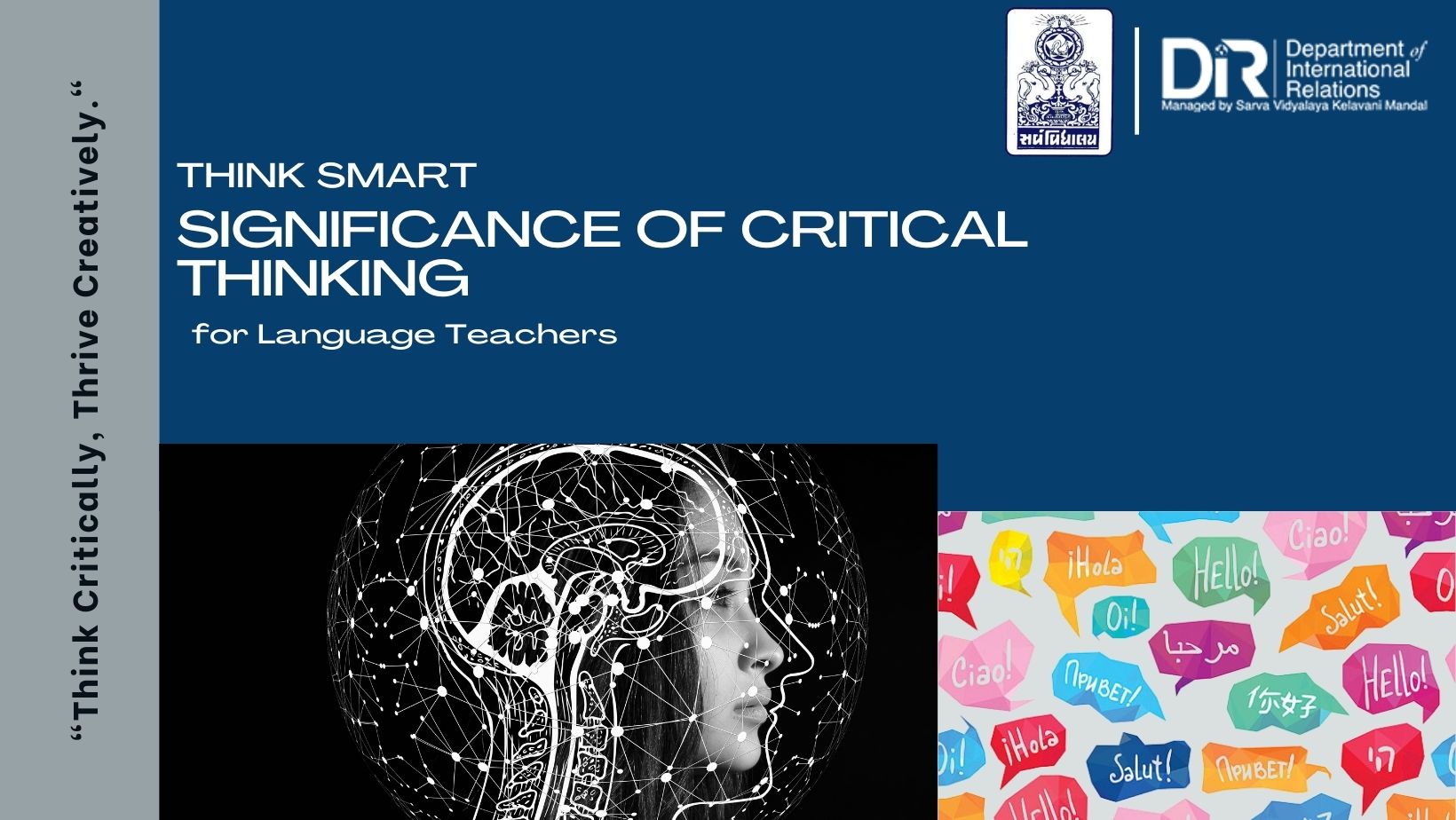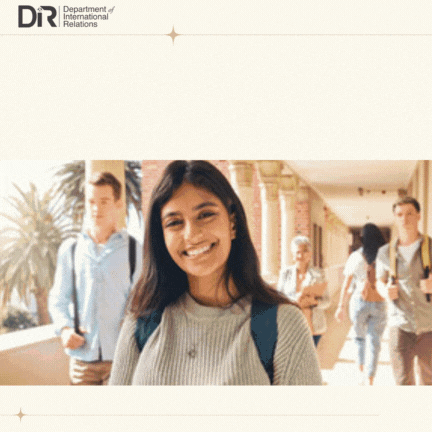
Critical thinking is a crucial attribute that can help you learn a new language more quickly. It enables us to study and evaluate data and make informed decisions about how to use it. By honing critical thinking abilities, one can become a more effective language student and communicate ideas and opinions in a better way.

What Is Critical Thinking?
Critical thinking occurs when learners use their prior knowledge and experience, as well as their problem-solving abilities, to do tasks such as:
-
Compare and contrast.
-
Explain why something happens.
-
Evaluate concepts and form opinions.
-
Understand the perspectives of others.
-
Predict the future.
-
Consider inventive solutions.
Why is critical thinking so important?
Critical thinking is a fundamental skill for both language and literacy success.
Language and critical thinking support each other's development. Students' language abilities improve when they engage in critical thinking because they are encouraged to construct and utilize more complicated language using words like "because,” phrases with "if" and "then," and multiple verb tenses. Students' ability to think critically evolves in tandem with their linguistic development.
For an accurate understanding of the message of a book, youngsters must be able to do more than recognize and pronounce letters and words. They must also "read between the lines" to figure out information that is not explicitly stated in the text. To accomplish this, individuals must apply critical thinking abilities such as problem-solving, prediction, and explanation. Encouraging this type of thinking early in a child's life helps them grasp the books they will read on their own later.
When and How Does Critical Thinking Develop?
Research indicates that youngsters begin to think critically at a very young age. These skills emerge from the normal, back-and-forth talks that youngsters have with the important adults in their lives.
When children can form sentences, it is time for parents, caregivers, and educators to help them develop critical thinking skills for academic achievement. Whether you are reading a book or going for a walk in the park, there is never a bad time to practice critical thinking.
Ms. Princy Macwan
Assistant Professor in English and Communication Skills.
Kadi Sarva Vishwavidyalaya, Gandhinagar.
